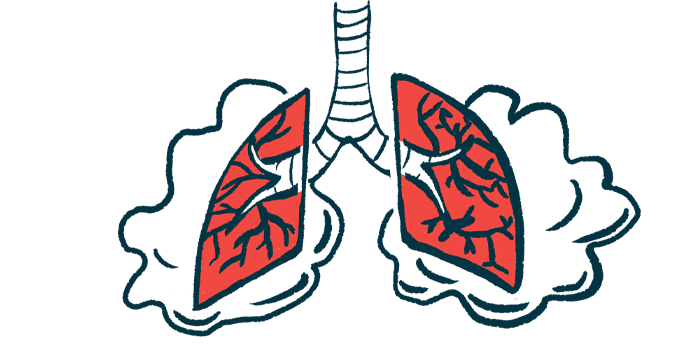Ontario to Compensate Miners With Parkinson’s Due to McIntyre Powder

In the culmination of a woman’s 10-year campaign, the government of Ontario, Canada, has agreed to recognize Parkinson’s disease (PD) as an occupational disorder linked to the use of McIntyre powder, an aluminum-based inhalant, in mining and other industries.
The decision by Ontario’s Workplace Safety and Insurance Board (WSIB) was announced by Monte McNaughton, the labour minister. The province’s government will now accept McIntyre powder-related compensation claims from former workers exposed to the inhalant and their surviving family members.
McIntyre powder, which contains finely ground aluminum, was used between 1943 and 1979 in mining and other industries where workers could be exposed to silica dust. Workers were required to inhale the powder before going underground as “protective treatment” against lung damage that could be caused by silica dust exposure.
This practice was ultimately discredited amid reports of illness and death, and discontinued. A 2020 study by the Occupational Cancer Research Centre in Ontario also found that McIntyre powder is associated with a higher risk of Parkinson’s disease.
The campaign was led by Janice Martell, the daughter of an Ontario uranium miner who developed Parkinson’s after “non-consensual” McIntyre powder treatments. She was joined by the United Steelworkers union (USW), the Occupational Health Clinics for Ontario Workers (OHCOW), and other worker advocacy organizations.
As part of its efforts, the USW collaborated with the OHCOW to identify and locate affected workers and their families to participate in so-called “intake clinics” across northern Ontario in 2016. These clinics helped to confirm the high rates of Parkinson’s and other diseases among miners.
“This is a major victory for these miners and their families,” said Myles Sullivan, USW’s Ontario director-elect, in a press release. “It is the first time since 1994 that an occupational disease has been added to the WSIB’s presumptive schedules of recognized diseases. We welcome this long-overdue recognition of the harm done to these miners and their families.”
But, Sullivan added, “we also reiterate our call for the Ontario government to expand the list of presumptive occupational diseases that also must be afforded this same status, according to scientific evidence. We look forward to the opportunity to work with the government on making improvements to the compensation system that it has promised.”
Martell established the McIntyre Powder Project on behalf of her father, Jim Hobbs. The pair spent years attempting to get workers’ compensation benefits for Hobbs during his lifetime. But their claims were turned back by the WSIB and the government, despite mounting evidence of a link between Parkinson’s and the aluminum powder.
After Hobbs died in 2017, Martell kept fighting for her family and on behalf of other workers exposed to the powder.
“My dad did not live to see this day, but it is a fitting legacy to a man who always enjoyed breaking the trail during our winter walks, because he wanted to make the path easier for those coming behind him,” Martell said. “Now, other workers who are struggling with occupational disease, and the families of workers who have died, will be able to pursue the compensation they deserve, and find some measure of justice.”







